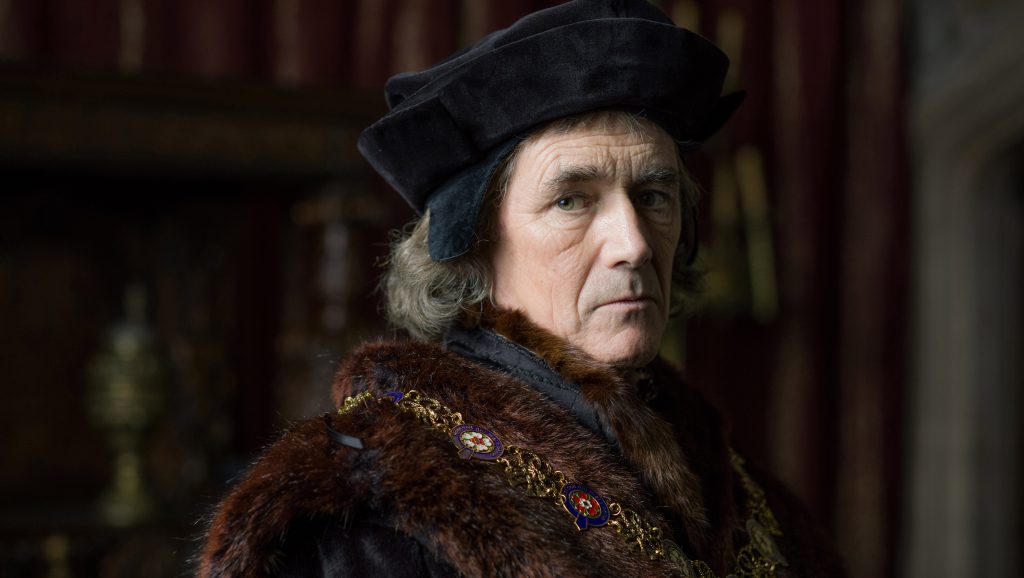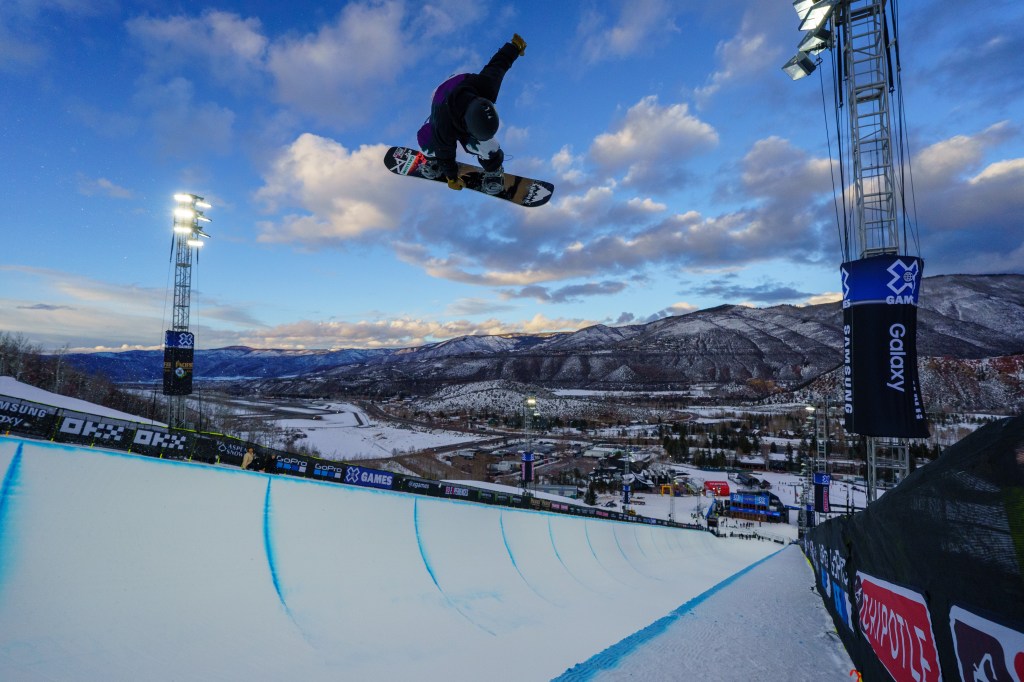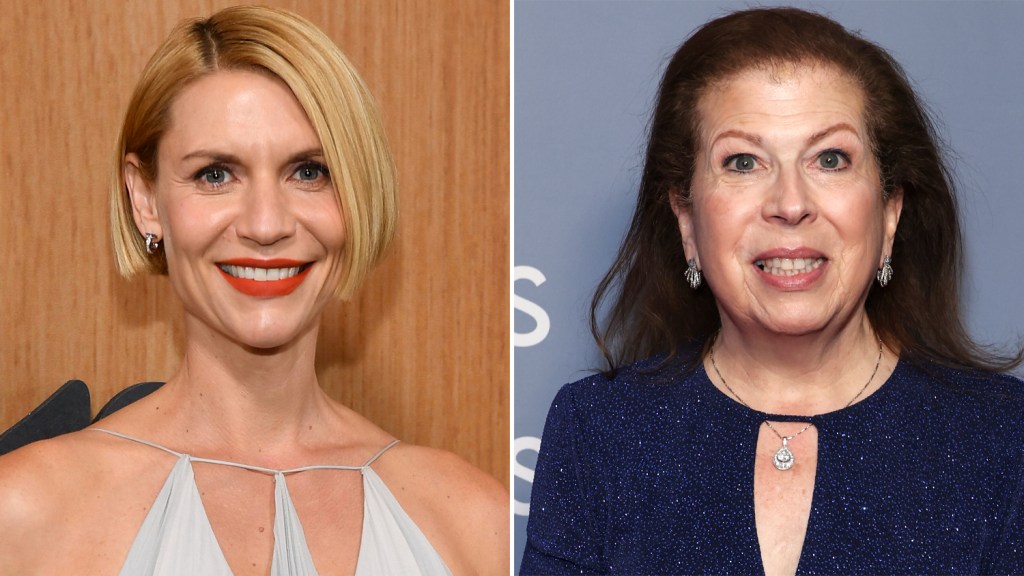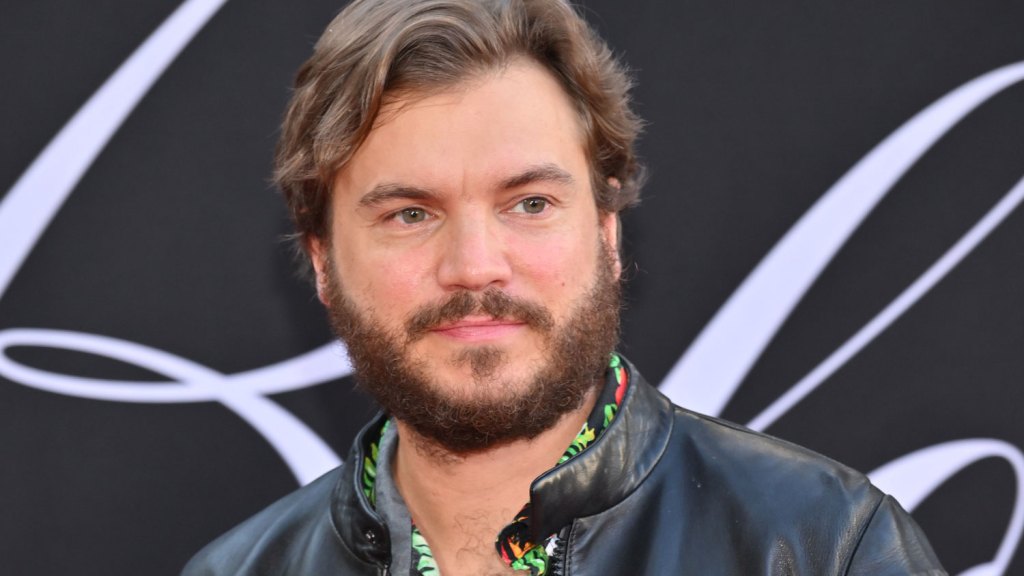Wolf Hall director Peter Kosminsky has revealed that Mark Rylance took a “significant” pay cut on the Tudor drama after streamers declined to co-produce Season 2 with the BBC.
In written evidence to British lawmakers, Kosminsky said it was only possible to begin production on the Golden Globe-winning series after “the producer, the writer, the director and the leading actor all gave up a significant proportion of their fees.”
Reflecting on the Playground drama, titled Wolf Hall: The Mirror and the Light, he added: “We had shepherded the series through a ten-year development process but, in the end, it was necessary for us to work for very little to get the show made.” PBS boarded the Hilary Mantel series in the U.S.
He said Wolf Hall was indicative of a wider reticence among U.S. streamers to invest in British storytelling. The BBC and others have said that the shrinking pool of co-production finance is contributing to a funding crisis in UK scripted content.
“Though there are exceptions, it is not currently part of the streamers’ general financial model to co-produce with UK PSBs. They prefer to wholly own a project,” Kosminsky explained in a submission to British Parliament’s Culture, Media and Sport Committee.
His solution to the co-production problem: get streaming giants like Netflix and Amazon Prime Video to hand over 5% of their UK subscription revenue to a cultural fund for British content. He pointed to 17 other territories, including France and Germany, where a similar scheme is already in place.
Kosminsky disclosed a conversation he had with Reed Hastings on the matter, asking the Netflix executive chair if he would fight a UK cultural fund. “Not if it was a level playing field across all the streamers,” Kosminsky quoted Hastings as saying.
Kosminsky continued: “The streamers will say that such a hold-back would reduce UK inward investment, which is currently at a high level. Of course, they would say that. But I would argue, as someone who has worked in UK high-end television for a long time, that it will not.
“In fact, in my contention a 5% hold-back on subscriptions won’t affect how many programmes the streamers make in the UK at all. If the government follows the rest of Europe and brings in such a system, the streamers must make this contribution whether they shoot or post-produce a single programme here or not. The decision to produce in the UK will be made, as it always has been, on hard-headed considerations – relative cost; available facilities; artistic preference of key talent.”
He said the money raised as part of this scheme should fund a British TV body, which would be staffed by a respected group of professionals and a fixed-term editorial panel. He said this organization should have the power to award grants to UK series looking to close a funding gap after already securing a broadcaster greenlight and international sales backing.
Kosminsky said: “The streamers are perhaps the ultimate manifestation of a free market in television. They have made some extraordinary, mould-breaking programmes – turning high-end TV drama into the medium of choice for ‘A-List’ talent, partially usurping the feature film and breaking the unhealthy, snobbish divide been theatrical and television filmmaking.
“But an unintended consequence of this explosion of creativity has been a market failure – a failure to fund the kind of drama, such as Mr Bates or Wolf Hall, that is of particular interest to a UK audience. Whilst these programmes will always be a minority of our output, they are also an essential part of it. And we are losing it. Blink and it will be gone – and our audiences will not thank us for it.”



